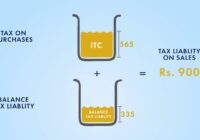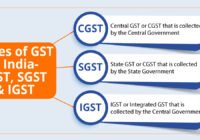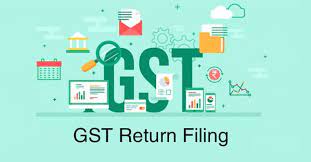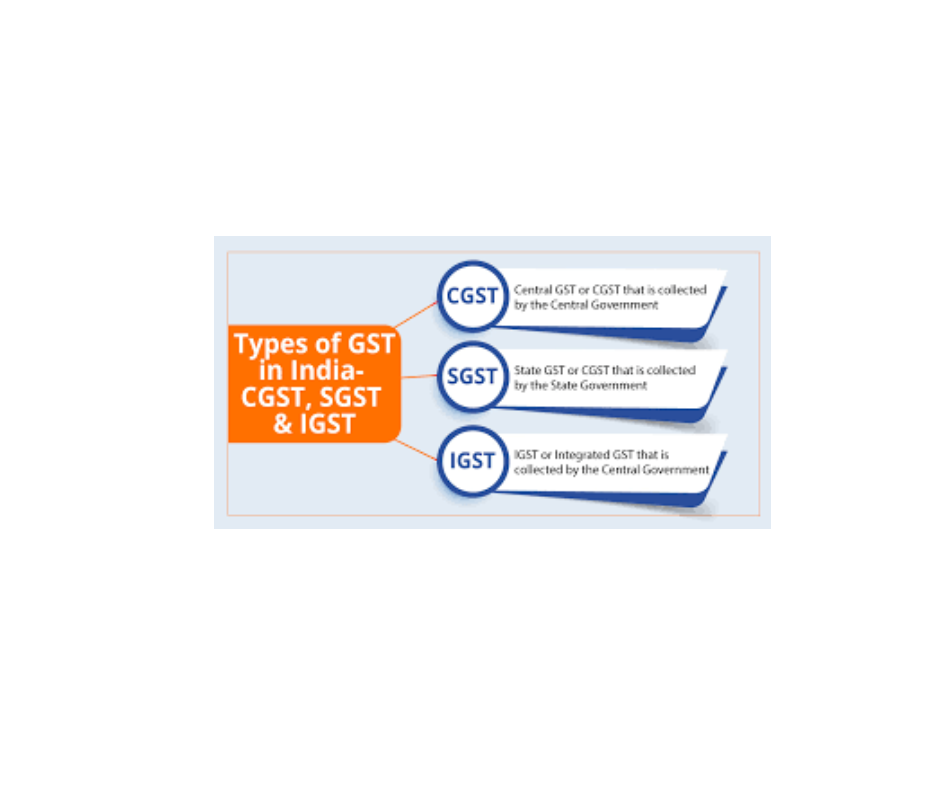How GST Input Credit Works?
Goods and Services Tax (GST) is a destination-based tax system that has replaced multiple indirect taxes in India. One of the fundamental features of GST is the seamless availability of Input Tax Credit (ITC), which helps businesses reduce their tax liability and avoid cascading effects. Understanding how GST input credit works is crucial for businesses… Read More »









